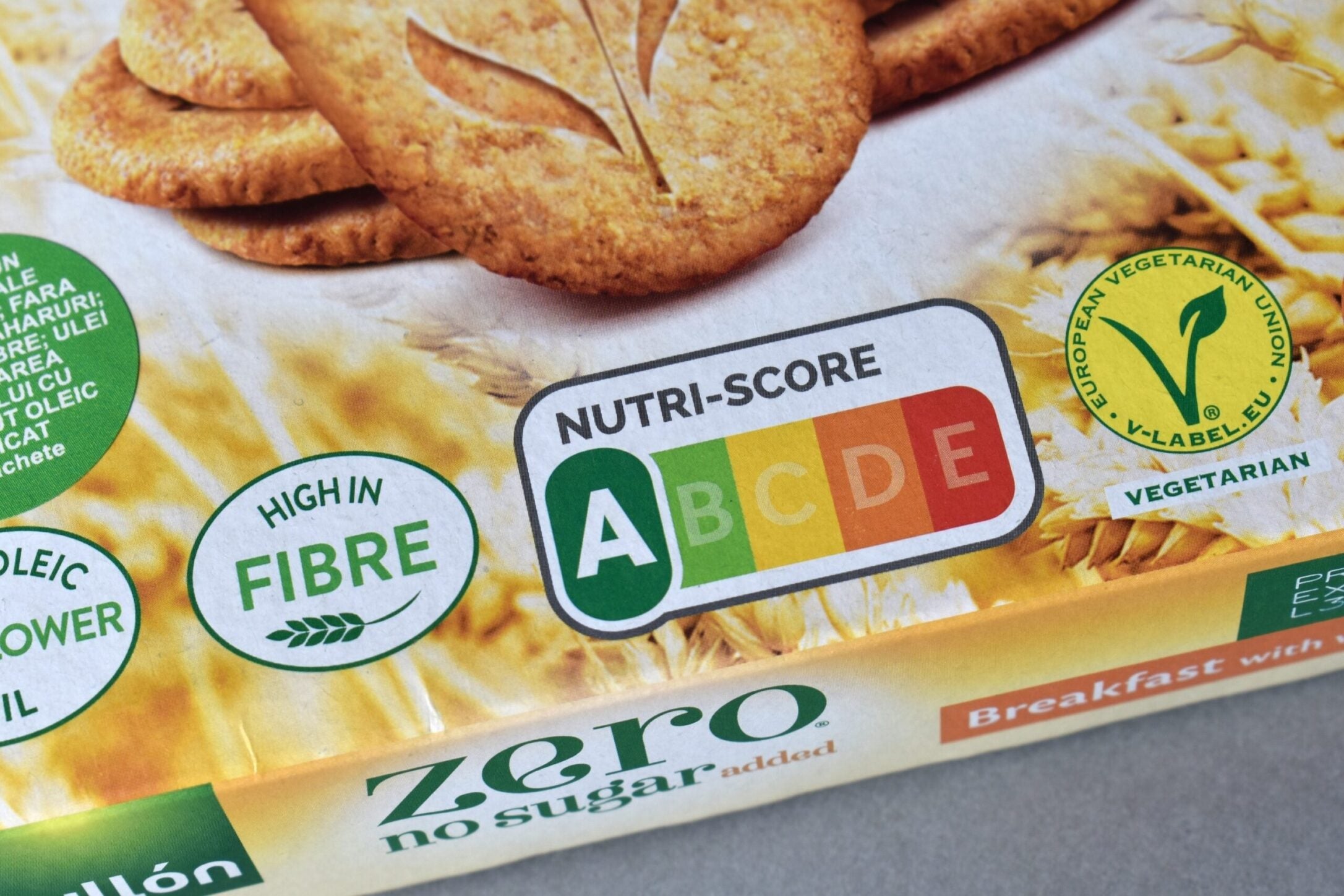
A deadline to recommend a single EU nutrition labelling scheme for food products by the end of this year now seems unlikely to be met.
Just Food understands Nutri-Score, arguably the best known of the voluntary front-of-pack labelling schemes used in Continental Europe and a frontrunner to be recommended by the European Commission (EC), will not be proposed as the scheme of choice.

US Tariffs are shifting - will you react or anticipate?
Don’t let policy changes catch you off guard. Stay proactive with real-time data and expert analysis.
By GlobalDataFollowing a debate on the subject in the European Parliament on Wednesday (26 October), prompted by Italy, which has long been opposed to the Nutri-Score scheme, no progress was made on which labelling system to put forward.
Some reports suggested that, as a result, the decision on which scheme to recommend has been put back to the second quarter of next year.
The EC did not confirm this when contacted by Just Food but, suggesting a recommendation was not imminent, an official said: “The Commission is still assessing the outcome of the past impact assessment and the consultations it held with member states and stakeholders.
“No decision has been taken yet on how sustainable food labelling will be exactly framed and regulated.
“The proposal for a revision of the Regulation on Food Information to Consumers is scheduled for adoption in the coming months.”
The Commission plans to put forward ideas for EU nutrition labelling that will “build on” existing formats already developed in the EU, such as NutriScore, the Italian system NutrInform Battery and Sweden’s Keyhole.
NutriScore is a traffic-light labelling system – green for foods deemed to be healthiest food through to red seen as unhealthiest – that has already been adopted unilaterally and voluntarily by a number of European countries and companies. However, the labels have faced strong opposition from some countries, including Italy, which argues that the rating system unfairly punishes the Mediterranean diet.
In August, Italy ruled against the use of the scheme, claiming it could be construed as misleading. The Italian Competition Authority (AGCM) said Nutri-Score may no longer be used unless accompanied by a warning detailing the methodology behind the system.
Following last week’s European Parliament debate, the Italian farmers’ union Coldiretti said: “The NutriScore is in fact a misleading, discriminatory and incomplete labelling system that paradoxically ends up excluding from the diet healthy and natural foods that have been present on the tables for centuries to favour artificial products of which in some cases not even the recipe is known.
“The nutritional balance should not be sought in the single product but in the balance between the different foods consumed in the daily diet and for this reason simplistic labels that alarm or discourage the consumption of a specific product are not acceptable. In this way we end up paradoxically excluding excellence of the Mediterranean diet, from extra virgin olive oil to Parmigiano Reggiano.”
Coldiretti said such schemes represent “a lethal threat to Italian agriculture, consumer health and biodiversity on the planet”.
In August, a committee established to look at Nutri-Score labelling recommended changes to improve the scheme. It suggested modifications around sugar, salt and protein content.
The EC is still keen to propose an harmonised EU front-of-pack labelling scheme with a view to encouraging healthy diets across the bloc. It has said it will recommend a scheme based on science and evidence. It will likely be based on the JRC Science for Policy report which looked at front-of-pack nutrition labelling and its effects on consumers, food business operators and the single market.







